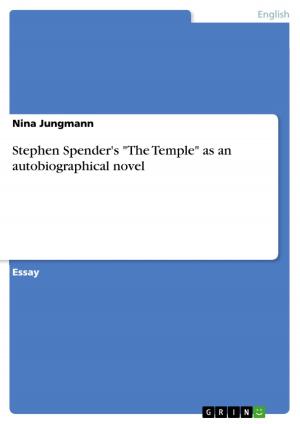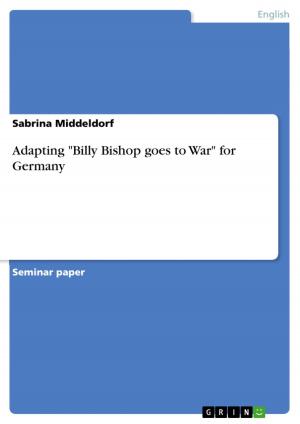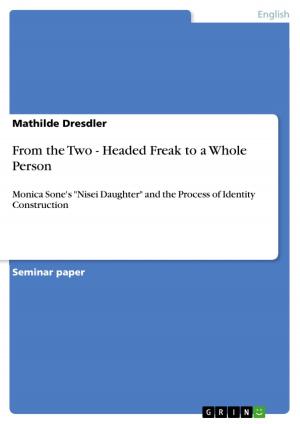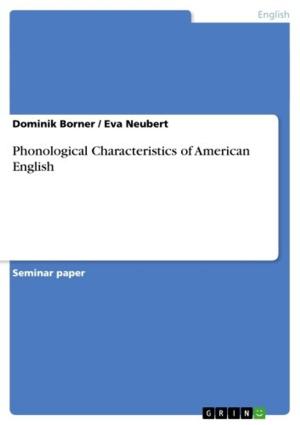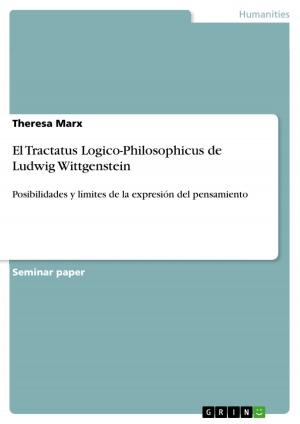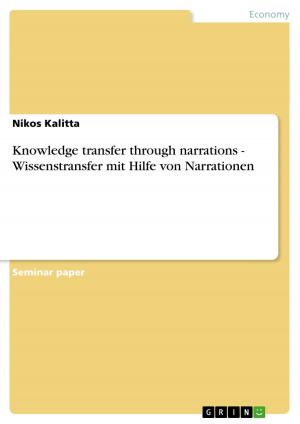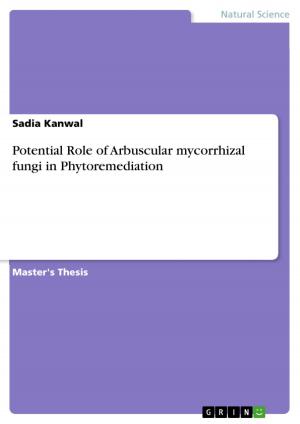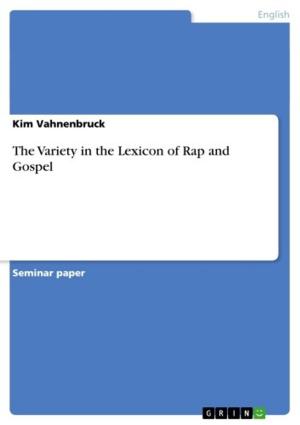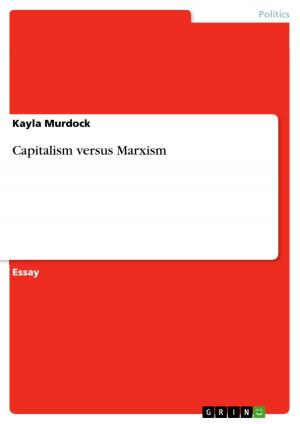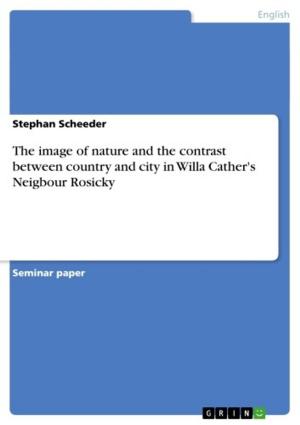World Englishes - Simplification or complexification?
Simplification or complexification?
Nonfiction, Entertainment, Drama, Anthologies| Author: | Sebastian Goetzke | ISBN: | 9783638377324 |
| Publisher: | GRIN Publishing | Publication: | May 13, 2005 |
| Imprint: | GRIN Publishing | Language: | English |
| Author: | Sebastian Goetzke |
| ISBN: | 9783638377324 |
| Publisher: | GRIN Publishing |
| Publication: | May 13, 2005 |
| Imprint: | GRIN Publishing |
| Language: | English |
Examination Thesis from the year 2004 in the subject English Language and Literature Studies - Linguistics, grade: 1,0, University of Dusseldorf 'Heinrich Heine' (Anglistisches Institut III), 82 entries in the bibliography, language: English, abstract: In many parts of the world English is used as the main communicative device between people of different mother languages. In some areas it is known as the native tongue, in other countries, for instance in Germany, it is regarded as a second and global language. There are cases though in which the English language serves a different purpose, namely works as a political way to express certain themes. In many former British colonies the English language was introduced and indoctrinated on the native people as the language of government, police, business and law. Of course, there were other native languages before the appearance of the British and there still remain local dialects and tongues today. Nevertheless through time the sharp lines between local dialects and the language of the government have vanished. This process of development or melting of two languages, that is English and one local language of the old inhabitants of the place is often referred to as Pidginization and Creolization in literature. Pidgins are believed to be the first step of the development from a very simple basic language to a more complex one with native speakers through Creolization in later stages. It is quite difficult to say whether a language that is regarded as a World English today can be seen as being more complicated or as being simpler than Standard British English. In the very first part of this work I will present some ideas and opinions scholars have uttered about the problem of simplification and complexification lately. Since the topic of World Englishes includes Creolization and Creole studies most evidence I will provide will examine whether Creoles in general are more complex or simpler than their respective mother tongue. No one has so far exclusively studied World Englishes comparatively to Standard Englishes in order to make judgements about complexity and simplicity as scholars have done about Creoles. I will provide examples from World Englishes and I am going to try to judge whether certain findings I have made classify that language as being more complex or simpler than Standard British English concerning grammar and syntax. Rounding up this paper in the end I hope that I can make some comments whether it is possible to prove the idea of Simplification or oppose it.
Examination Thesis from the year 2004 in the subject English Language and Literature Studies - Linguistics, grade: 1,0, University of Dusseldorf 'Heinrich Heine' (Anglistisches Institut III), 82 entries in the bibliography, language: English, abstract: In many parts of the world English is used as the main communicative device between people of different mother languages. In some areas it is known as the native tongue, in other countries, for instance in Germany, it is regarded as a second and global language. There are cases though in which the English language serves a different purpose, namely works as a political way to express certain themes. In many former British colonies the English language was introduced and indoctrinated on the native people as the language of government, police, business and law. Of course, there were other native languages before the appearance of the British and there still remain local dialects and tongues today. Nevertheless through time the sharp lines between local dialects and the language of the government have vanished. This process of development or melting of two languages, that is English and one local language of the old inhabitants of the place is often referred to as Pidginization and Creolization in literature. Pidgins are believed to be the first step of the development from a very simple basic language to a more complex one with native speakers through Creolization in later stages. It is quite difficult to say whether a language that is regarded as a World English today can be seen as being more complicated or as being simpler than Standard British English. In the very first part of this work I will present some ideas and opinions scholars have uttered about the problem of simplification and complexification lately. Since the topic of World Englishes includes Creolization and Creole studies most evidence I will provide will examine whether Creoles in general are more complex or simpler than their respective mother tongue. No one has so far exclusively studied World Englishes comparatively to Standard Englishes in order to make judgements about complexity and simplicity as scholars have done about Creoles. I will provide examples from World Englishes and I am going to try to judge whether certain findings I have made classify that language as being more complex or simpler than Standard British English concerning grammar and syntax. Rounding up this paper in the end I hope that I can make some comments whether it is possible to prove the idea of Simplification or oppose it.


